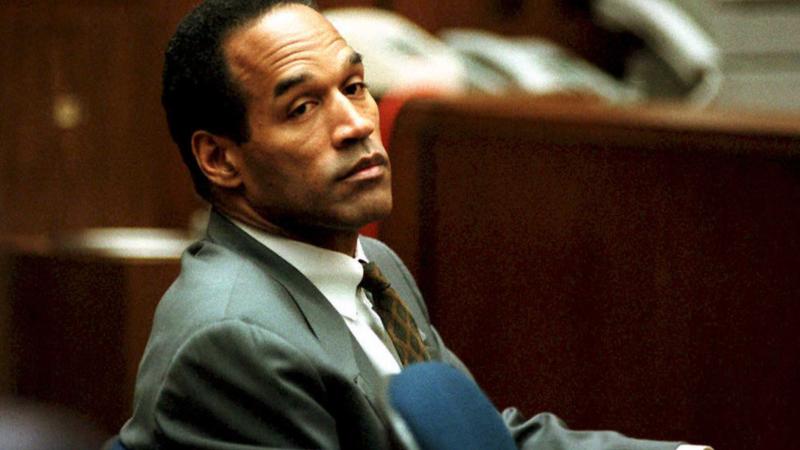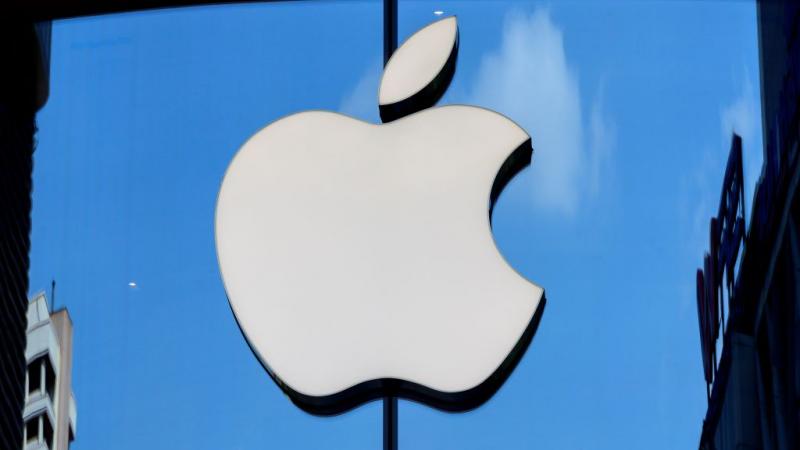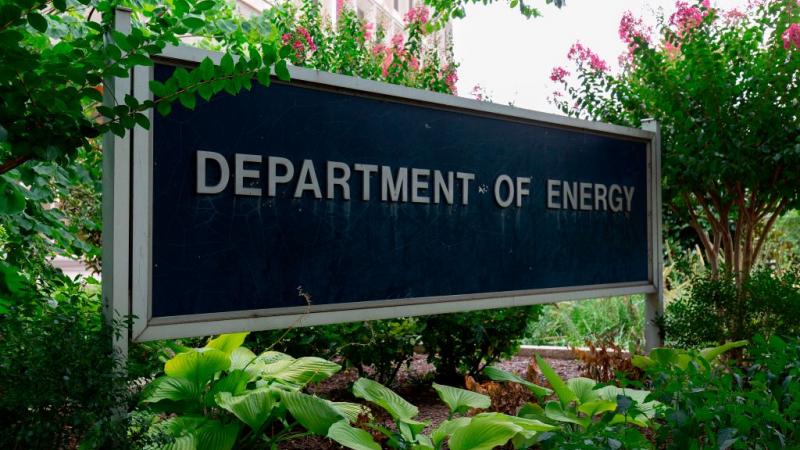White liberals want to punish racism more harshly than blacks do, survey finds
Steep drop in self-confidence for blacks who read passage that explains critical race theory.
Is it better to punish perceived racism so harshly that it practically disappears, or to improve the confidence of minorities so that racist incidents don't bother them?
White liberals prefer the punitive approach to the "resilience option" by more than two to one (71-29%), according to a new report by a politics professor based on nearly three years of original surveys of Americans.
In contrast, a majority of blacks (53%) favors resilience — a society where "racially offensive remarks no longer affect them" because of their increased confidence — rather than harsh punishment (47%).
Developing that confidence is less likely, however, if they read works informed by critical race theory.
One of the surveys found a 15-point gap between black respondents who agreed they "could make their life plans work out" after reading a passage from black pessimist writer Ta-Nehisi Coates (68%), compared to those who didn't read the passage (83%). Political scientist Wilfred Reilly at historically black Kentucky State University called this the "worst finding" of the report by the University of London's Eric Kaufmann.
White conservatives and liberals are far more polarized than blacks on racial issues, according to Kaufmann, whose previous research includes political discrimination and "self-censorship" in higher education. He wrote the report for the right-of-center Manhattan Institute, where he's an adjunct fellow, and conducted several of the surveys.
Kaufmann found meaningful differences in responses based on ideology, "social media exposure" and education level. For example, black people who use social media reported far higher levels of perceived discrimination than their peers who don't in a 2016 Pew Research Center study.
"I'd advise policymakers to regulate Big Tech as an oligopoly, much as Clarence Thomas recently suggested," Kaufmann told Just the News when asked for policy recommendations based on his findings.
He was referring to the Supreme Court justice's concurrence in a ruling dismissing a lawsuit by Twitter users against then-President Trump. "We will soon have no choice but to address how our legal doctrines apply to highly concentrated, privately owned information infrastructure such as digital platforms," Thomas wrote.
"This is not about breaking up Big Tech, but about treating them as companies operating as common carriers like phone companies, in which the public has an interest," Kaufmann wrote in an email.
Regulators should compel Big Tech companies to hand over their algorithms so regulators can police their compliance with the First Amendment and Civil Rights Act, with penalties "applied consistently, without regard to politics or ideology," he said.
White liberals outdo black liberals on punishment versus resilience
Kaufmann sought to test the effect of CRT on "black empowerment" by giving black audiences different passages to read, or none at all, before answering questions about their ability to "control their lives."
Reading the Coates passage from "Letter to My Son," which says American tradition is to "destroy the black body," had a "significant disempowering effect" on black respondents.
And yet younger black Americans are more likely (75%) than their elders (57%) to agree that blacks will "never be truly equal if society doesn't hold them to the same standards as others," Kaufmann's survey found. They seem "especially keen to be treated as equally competent and responsible citizens," contrary to the tenets of CRT.
Perhaps surprisingly, whites and blacks have roughly the same views on whether political correctness is "demeaning to" blacks (57% of whites, 56% of blacks) or "necessary to protect" them (43% of whites, 44% of blacks). The split is far greater between white liberals and conservatives (19 points) than black liberals and conservatives (3 points), Kauffman found.
Those who report being "sad or anxious" at least half the time are also "far more likely to report experiencing racism and discrimination," Kaufmann found. The saddest and most anxious whites and blacks both report experiencing about 20 points more racism than do the happier and calmer members of their respective racial groupings.
Echoes of the 'Satanic day care' moral panic
Racism in the United States has become a "conserved quantity akin to mass or energy" in the eyes of racial pessimists, Kaufmann wrote, citing an essay by his Manhattan Institute colleague Coleman Hughes. Even as racist behavior declines, the concept of racism expands: It is "transformable but irreducible."
Hughes, a young black writer who has testified against reparations for blacks, wrote the foreword to the report. The unfounded belief that racism is rampant is akin to the “Satanic day care” moral panic of the 1980s, he wrote, blaming in part the spread of critical race theory (CRT) and intersectionality in corporations and K-12 systems.
Kaufmann notes that the public's view of black-white race relations took a plunge following the 2014 shooting death of Michael Brown and fell back to that level after George Floyd's death last year.
He speculates that "the emergence and rapid spread of social media may account for" the increased "salience of the race question" in America and associated "sour mood" on race since 2014.
Even as white-on-black violence in police-suspect interactions falls, "each event is more likely to be captured [live] and to possess a higher media multiplier effect," Kaufmann wrote.
"The Great Awokening" took off around the same time, with progressive activists disproportionately sharing political content on social media. This has helped expand the spread of "left-modernist ideas" such as microaggressions, he said, even as white conservatives' views of the prevalence of racism have barely changed in 25 years.
Some Twitter users criticized Kaufmann for not publishing his raw data along with the report.
“If I post it, others can use it to publish material in a journal article,” he told Just the News. “I may prefer to do that given that I paid for it.”
If there’s a “huge clamor” for the raw data, he’ll post it, he said: “There’s really nothing to hide.”
















